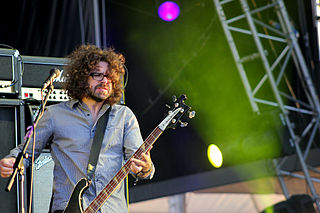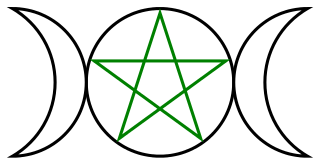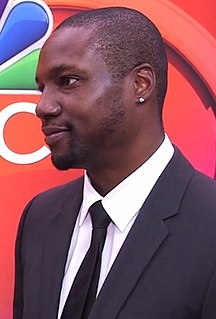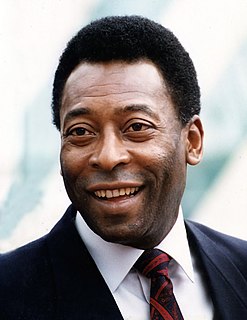A Quote by Sharon Begley
With modern parts atop old ones, the brain is like an iPod built around an eight-track cassette player.
Related Quotes
After discovering the Ramones, I discovered really crude ways to multi-track by taking another cassette recorder and plugging that into the eight-track, playing it back, so that as I was recording with the mic in my guitar, I could have another cassette player I had recorded on feeding into the recording.
Like with me, like around '97, for Christmas my parents bought me an MPC 2000 sampler and a little eight-track cassette recorder. And I started sampling records and, you know, producing hip-hop beats. And it got to the point where I realized - I innately realized that the music I liked the most was made by people that played instruments.
Right after the keynote in which Steve Jobs introduced the iPod Shuffle, I went backstage with one question in mind: What makes an iPod an iPod? By then - January 11, 2005 - I had staked my own claim to iPod expertise, having written a 'Newsweek' cover story about Apple's transformational music player, and I was writing a book on it.
The key to WWE's success and longevity is that they are, as modern and as relevant as the company may be in modern social media and platforms and contemporary distribution, the company is still built around old-school promotion. Who are these two fighters? Why are they wrestling? And why should I pay to see it?
I get nostalgic for things that didn't really exist. I might have a cassette from the first time a Melle Mel track, say, got played on radio in Manchester. And it might be a copy of a copy of a copy of a tape and there's all these weird nuances and distortions that have affected what I know as the truth, if you like, of that track.
































